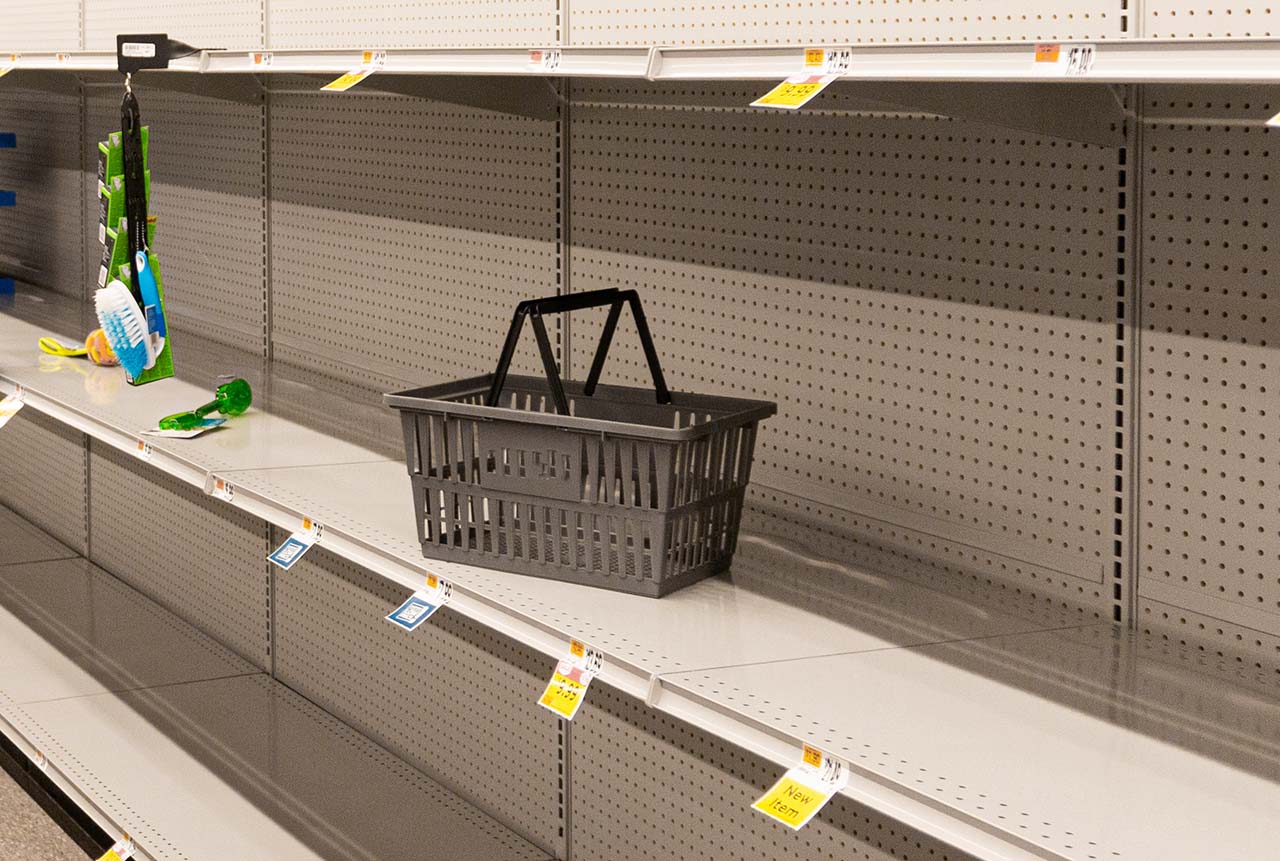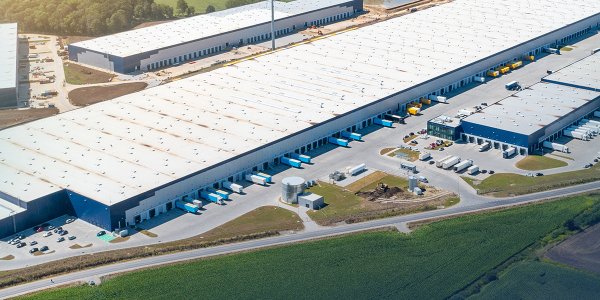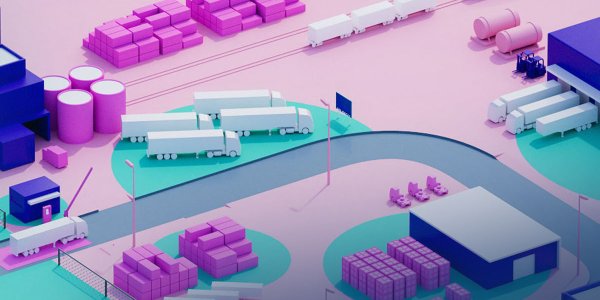In the wake of digitalization and rising customer expectations, logistics in the retail sector is becoming increasingly important. Whether it's fast-moving items or promotional merchandise, the handling of goods between suppliers, central warehouses and stores is at the heart of retail logistics. Optimized planning means less storage time and more turnover. Smart yard management software can efficiently solve many challenges here.
- Fast turnover and seasonal items
- Direct-to-consumer sales activities of consumer goods producers
- Consumers demand climate-neutral products and services
- Challenges posed by omnichannel models
Retail logistics encompasses all steps from collaboration with suppliers, warehousing and shipping to stores and customers with the aim of providing items quickly and efficiently - and at the lowest possible cost. This requires precise planning of the flow of goods to ensure that products are always available at the point of sale wherever possible. But getting the right product to the right place at the right time is not so easy. Product movements and demand management are becoming increasingly complex due to rising consumer expectations.
This is because consumers rarely understand short-term unavailability or delivery times of several days. At the same time, sales channels are increasingly merging: online ordering and in-store collection are becoming just as much a part of shopping behavior as home delivery of items purchased in-store. The integration of different sales channels (omnichannel sales) such as bricks-and-mortar retail, online stores and click-and-collect requires seamless logistics to ensure a consistent customer experience. Added to this are the many delivery services in the food retail sector, which are still opening transshipment warehouses in many urban centers.

The Central Logistical Challenges of the Retail Industry
The focus of many optimization projects in retail is supplier management and the associated information flow: How do the required items get from the supplier to the central warehouse? Cooperation with suppliers must be coordinated in order to receive goods on time and ensure quality standards. In many cases, perishability or the avoidance of excess stock as a cost driver also plays an important role.
In addition to the supplier, the topic of cooperation also includes logistics service providers: How do the goods get from the warehouse or depot to the stores? But cooperation along the supply chain does not end at the factory gate. In order to receive goods quickly and make stocks and availability transparent internally, the course must already be set in the inbound process. A supplier portal can be used to send notifications based on order data and provide all the necessary information for truck drivers to check in at the gate.
It is also worth taking a closer look at the outbound process. Delivering goods from the yard to various locations or directly to customers requires precise planning and well-timed processes in order to minimize time and costs. Smart yard management is the magic word here. In the retail store business, it is particularly important to make information about delivery times, missing or incorrect shipments and delays transparent and to communicate important information with reference to the process document.
The topic of returns has not only been the focus of media attention in the recent past. Efficient and sustainable returns management is now more important than ever. Products should be able to be returned to stock as easily as possible or even sold directly to other customers. The reduction of transport emissions, the optimization of packaging materials and the promotion of environmentally friendly delivery options are further important logistical challenges in the retail sector.
Digital Solutions Can Provide Relief in Retail Logistics
Transparent inventories and clear information about incoming goods are of great importance in order to meet increased customer requirements. Forecasts of expected sales volumes must be reconciled with orders and their expected delivery times. This makes information logistics in retail particularly important. A software solution for yard management can serve as a digital control center here. The following components are of particular importance:
- Warehouse facilities: These include distribution centers, retail warehouses or warehouses that retailers need to hold stock in advance or respond to increased demand.
- Inventory: This refers to the amount of stock that retailers need to hold and their locations.
- Yard management: Goods must not only be received at the central warehouse, but must also find their way from there to the stores in a coordinated and efficient manner.
- Transportation: Retailers need to find efficient transport routes for their products, including the selection of load carriers and vehicles as well as the availability of drivers.
- Packaging: This is not only relevant for sales potential at the point of sale, but also for logistics - how can which products be packaged and transported in an optimized way? This is a crucial issue, especially when it comes to fresh or chilled food.

